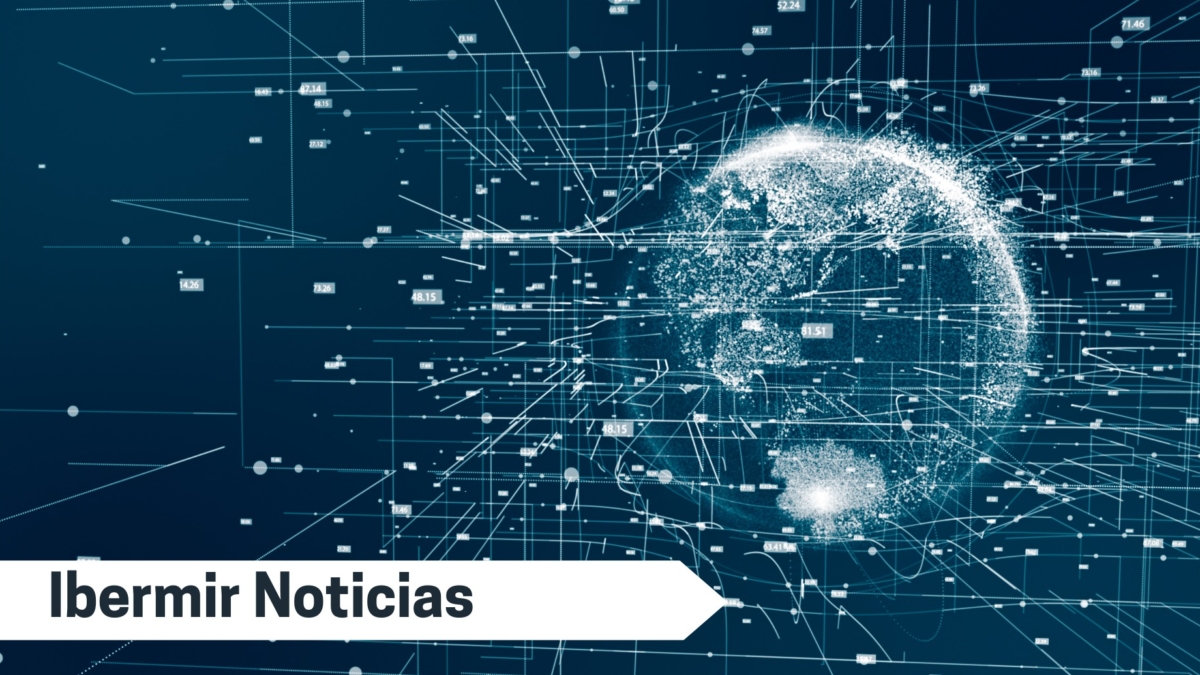Carme Artigas, co-president of the UN AI Advisory Board, former Secretary of State for Digitalization and Artificial Intelligence, and expert in Big Data, Artificial Intelligence, and technological innovation, gave a talk at the Aecoc General Assembly about the disruptive technologies that will transform the economy and consumer goods sector.
Artigas referred to disruptive technologies, explaining that disruption “is the end of the status quo. What we once considered certain and valid is no longer so, and will not be in the future. Competitors are also different, so market dynamics change radically.”
The AI specialist stated that “we are facing a change of such magnitude that consumption decisions will not be made by people, but by Artificial Intelligence. Given this reality, we must embrace disruption because we will always be subject to the forces of change. To adapt company services to the new context, it will be essential to focus on the application of big data and artificial intelligence.”
Furthermore, the technology and AI expert reviewed the evolution of computing power from its origins to the consolidation of current big data, introducing the opportunities and limitations of this innovation. “Artificial Intelligence is not eliminating basic but essential jobs, but rather those related to knowledge areas (consultants, data analysts…). Previously, there was a shortage of such profiles, whereas now AI can solve half of these services. However, what AI cannot replace is the waiter or the person who serves you in a hotel.”
Regarding consumer goods, Carme Artigas detailed that competitive business analyses should be studied based on the available data from each company, in order to identify opportunities that allow for sustainable growth. She also highlighted the importance of investing in cybersecurity with a significant fact: 90% of companies do not have data recovery plans, so if affected by a cyberattack, they would not have the capability to recover information.
On the other hand, Artigas acknowledged the current difficulty in accounting for the impact of AI and big data. “Currently, we are not aware of the impact of the digital economy because current economic indicators do not register this impact. We have a 21st-century economy with 19th-century indicators. Therefore, a country’s GDP is not as significant as we believe because it does not account for the data economy, which gives us an unrealistic picture of each State’s situation.”
“Moreover, current geopolitics are based on technology, and yet some data-dominating entities are not countries but companies that can also determine the current reality. Therefore, it is imperative to govern AI not only by considering future risks but also current ones. The capacity for human transformation is in our hands, and it is up to us to set limits and establish prohibited uses of AI,” she concluded.
Source: Financial Food

